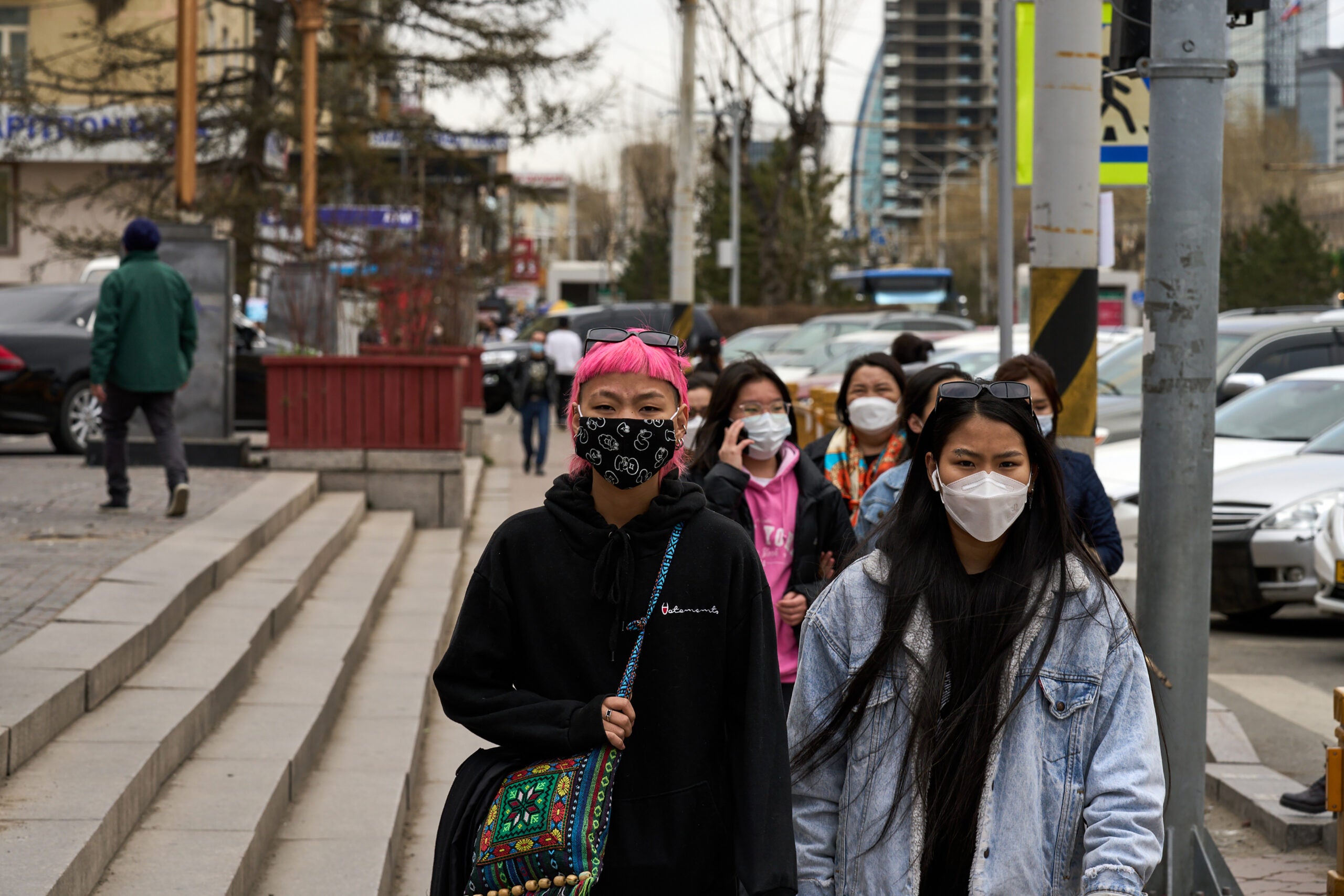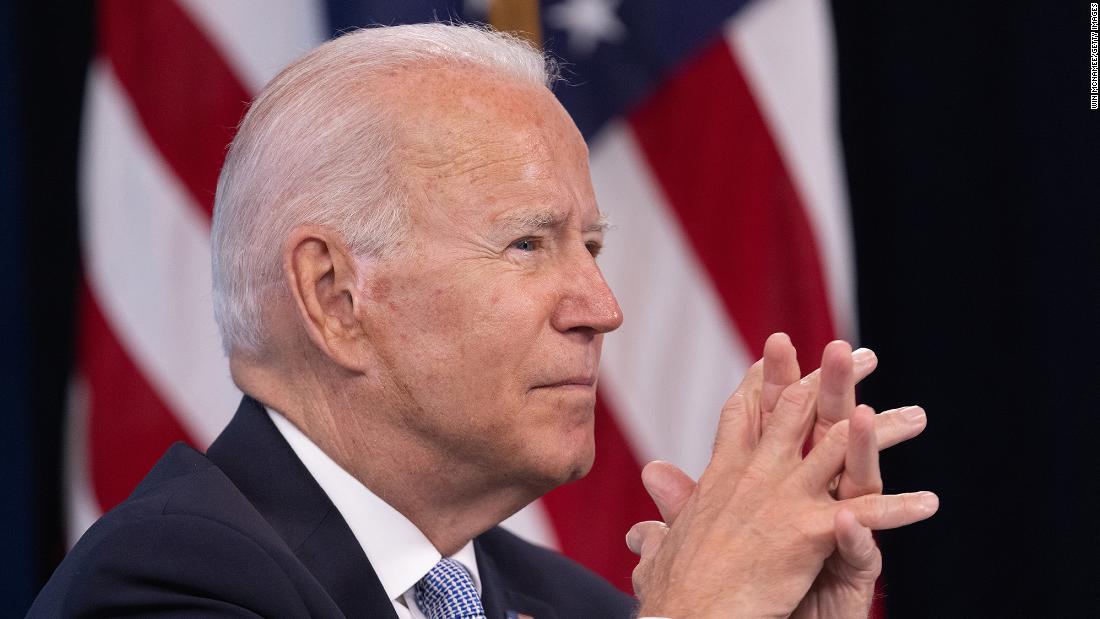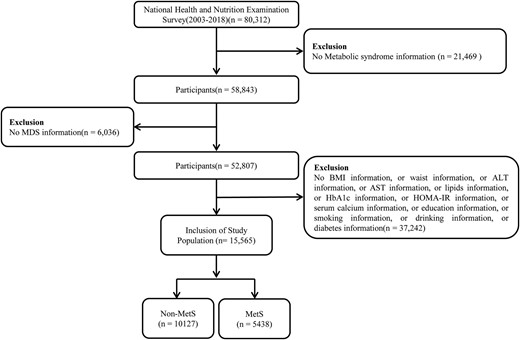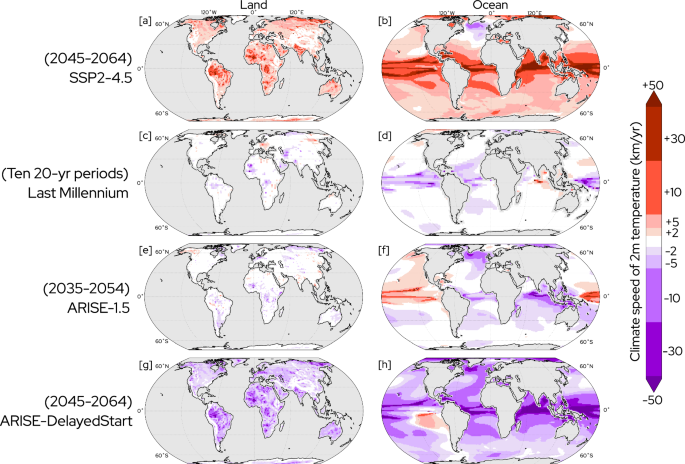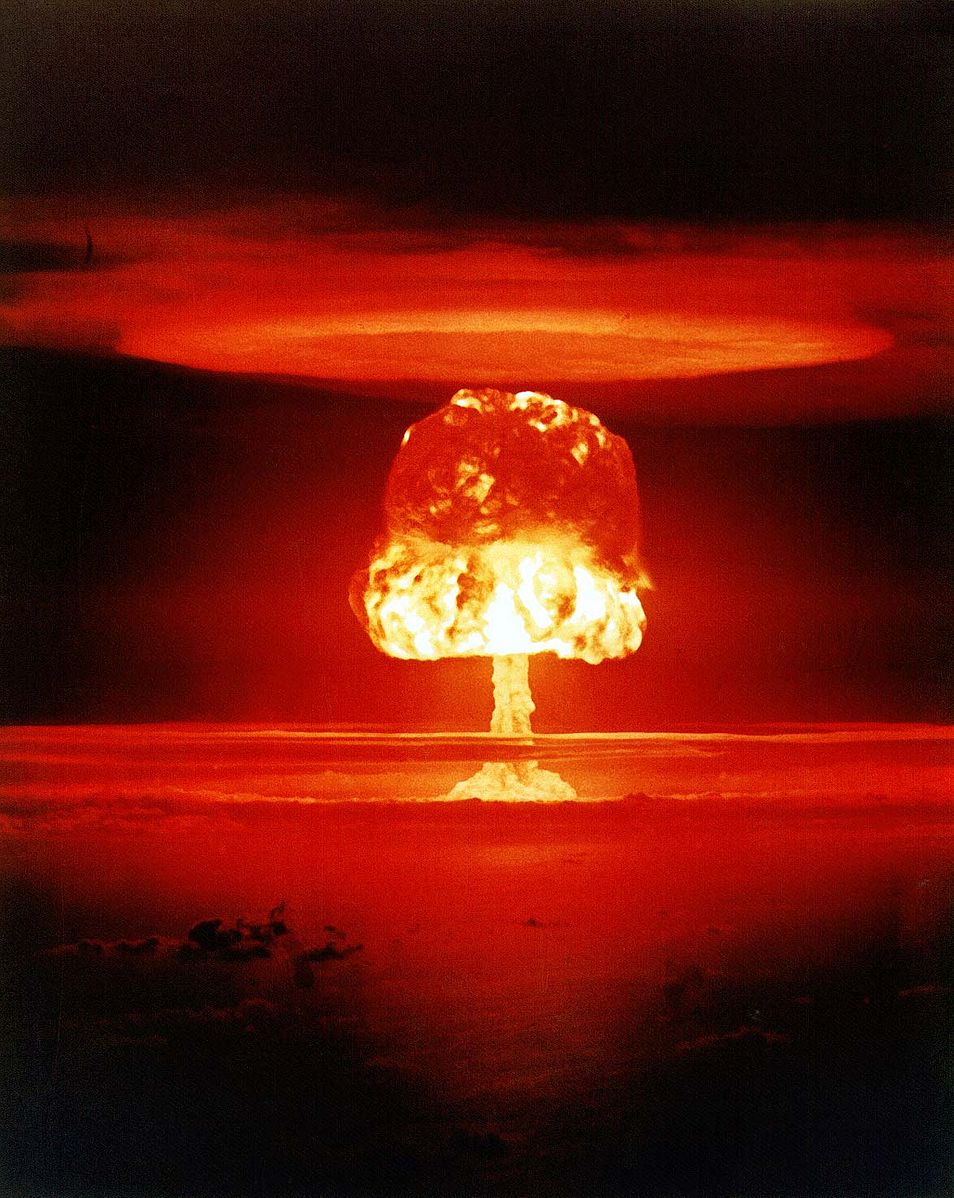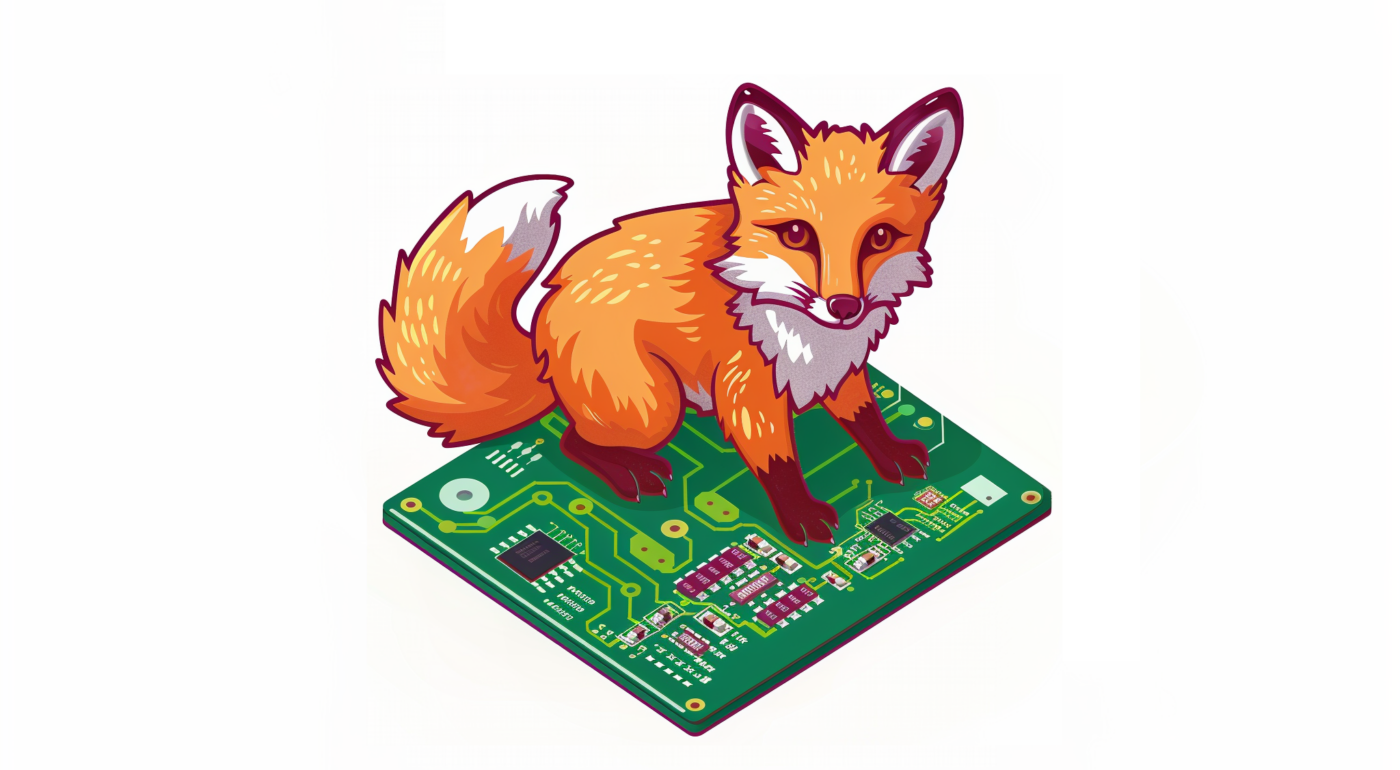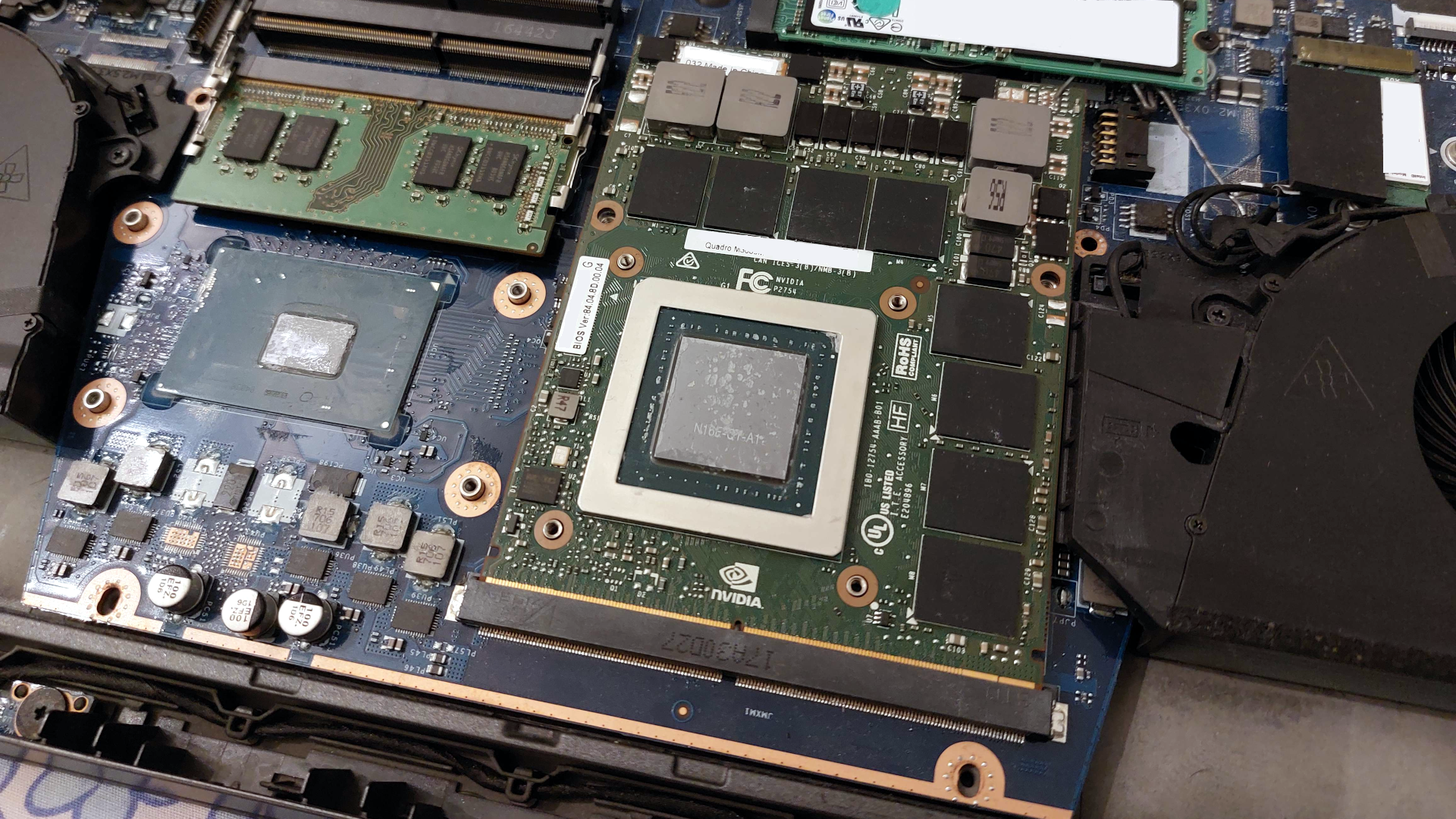Ping-pong diplomacy - Wikipedia
Ping-pong diplomacy (Chinese: 乒乓外交 Pīngpāng wàijiāo) refers to the exchange of table tennis (ping-pong) players between the United States (US) and People's Republic of China (PRC) in the early 1970s, that began during the 1971 World Table Tennis Championships in Nagoya, Japan as a result of an encounter between players Glenn Cowan (of the US) and Zhuang Zedong (of the PRC).[1] The event marked a thaw in Sino-American relations that paved the way to a visit to Beijing by President Richard Nixon in 1972. The event has been seen as a key turning point in relations, and the policy approach has since been carried out elsewhere.
The United States viewed the People's Republic of China as an aggressor nation and enforced an economic containment policy including an embargo on the PRC, following its entry into the Korean War in 1950. After approximately 20 years of neither diplomatic nor economic relations, both countries finally saw an advantage in opening up to each other: China viewed closer relations with the United States as a beneficial counter to its increasingly tense relationship with the Soviet Union, which had seen the outbreak of a series of bloody border incidents, while the U.S. sought closer relations with China as leverage in its peace negotiations with North Vietnam.
"[T]he thirty-first World Table Tennis Championships, held in Nagoya, Japan, provided an opportunity for both China and the United States."[2]

